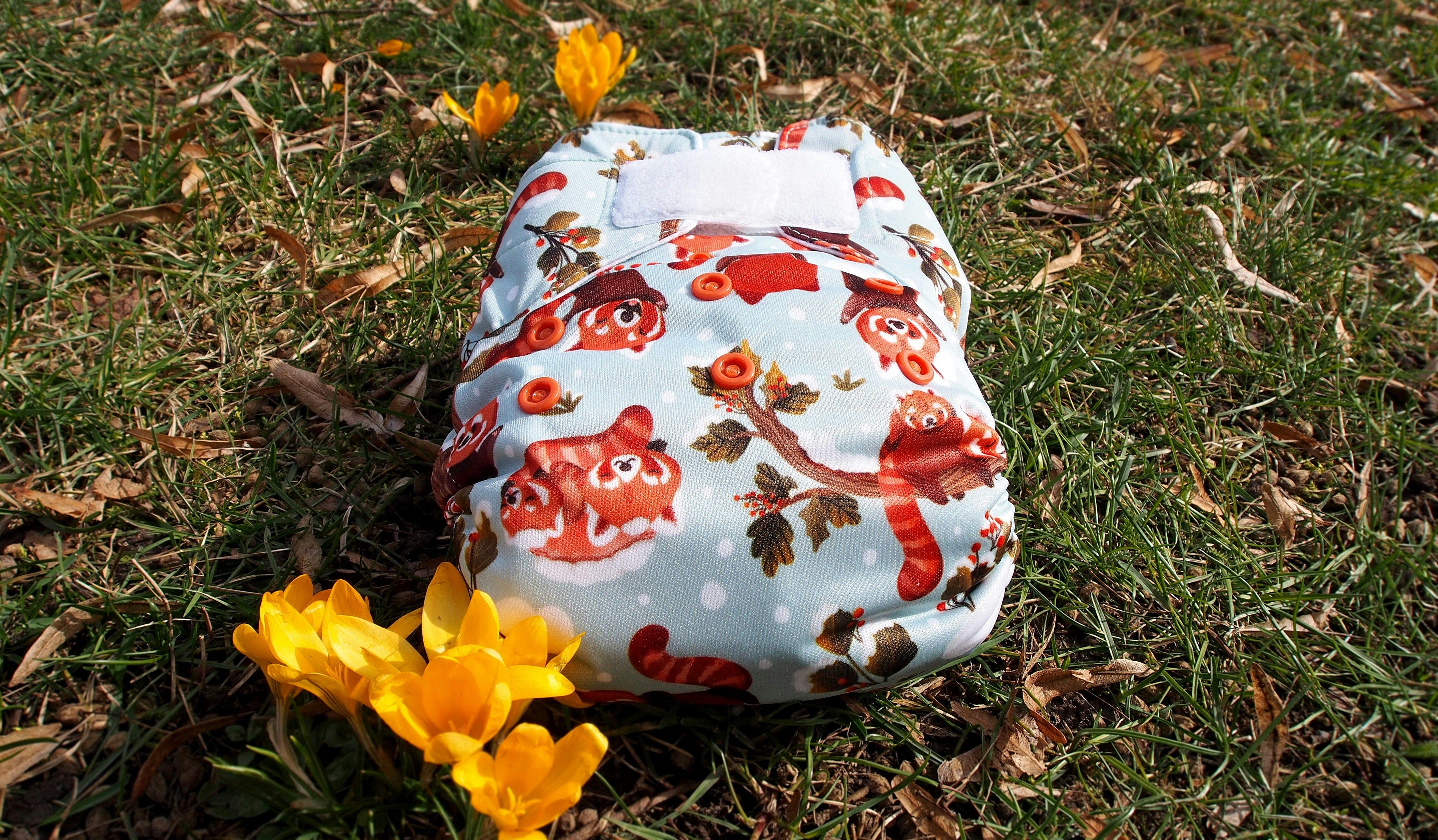Gifting for Good: How ESG is Redefining the Future of Home & Gift Retail

Environmental, Social, and Governance (ESG) principles are no longer confined to corporate boardrooms. They are transforming what “good gifting” means across the home and gift sector. As sustainability becomes a defining factor in how consumers shop, forward-thinking retailers are embedding ESG values into everything they do, shaping both customer expectations and the competitive retail landscape for 2025 and beyond.
 Why ESG Matters in Home & Gift Retail
Why ESG Matters in Home & Gift Retail
Consumers are increasingly putting their values front and centre. According to recent research, 74% of shoppers are more likely to trust businesses that demonstrate genuine environmental responsibility, and many are willing to pay more for products that align with their sustainability priorities.
Independent retailers, in particular, are in a strong position to respond swiftly. Their agility allows them to adapt, source ethically, and communicate transparently, turning ESG from a moral imperative into a meaningful competitive advantage.
From Compliance to OpportunityESG has evolved from a box-ticking exercise into a strategic growth driver. Retailers are investing in decarbonisation, renewable energy, responsible sourcing, and waste reduction not just to meet expectations, but to spark innovation and strengthen long-term profitability.
Those embracing circularity by designing out waste, adopting recycled materials, and extending product lifecycles are connecting with a new generation of conscious consumers while futureproofing their businesses against shifting regulations and supply challenges.
The Regulatory Momentum Behind ESGBeyond customer sentiment and commercial opportunity, shifting regulations are accelerating the ESG agenda for retailers. Policies such as the EU’s Ecodesign for Sustainable Products Regulation (ESPR) and Digital Product Passports are raising the bar on transparency, circularity, and sustainable production. New restrictions on destroying unsold goods are also reshaping how inventory and gifting ranges are managed.
Staying ahead of these legislative changes is not just about compliance. It empowers retailers to lead with integrity, avoid potential penalties, and deepen trust with ethically minded shoppers. For independent retailers, it is an opportunity to align business practices with future-facing standards and position sustainability as a strategic strength rather than a reactive measure.
Practical ESG in ActionSustainable Sourcing – Many brands are now favouring materials that are recycled, reclaimed, or responsibly harvested. In homeware, modular product design is gaining traction, allowing customers to repair rather than replace items, reducing landfill waste and extending product value.
Responsible Packaging – With increasing legislation around single-use plastics, retailers are switching to recyclable or compostable packaging solutions. Beyond compliance, it is a visible way to signal brand integrity and environmental care.
Green Delivery & Operations – From electric vehicle deliveries to carbon-neutral logistics partnerships, operational practices are under scrutiny. Greener delivery options are not only good for the planet, they are fast becoming a point of differentiation for consumers who want their purchases to reflect their principles.
Community & Social Value – ESG also speaks to the human side of retail. Supporting local artisans, embracing diverse hiring, and maintaining transparent governance are all ways brands are building trust and purpose into their business models.
Gift-giving is evolving. What once revolved around novelty or aesthetics now includes impact and intention. The modern gift buyer is looking for products that give back to the planet, to people, or to the community.
We are seeing growth in:
-
Regenerative gifts that actively contribute to environmental or social causes
-
Innovative platforms that help shoppers measure the impact of their purchases
-
Authentic storytelling that reveals a product’s origin, maker, and purpose
In short, gifts that do good are gifts that mean more.
Looking Ahead: What Independent Retailers Can DoIndependent retailers have a unique opportunity to lead by example. Practical steps include:
-
Auditing existing ranges to assess sustainability credentials and identify gaps
-
Partnering with suppliers that demonstrate strong ESG performance
-
Training teams and customers to understand the value of sustainable choices
-
Communicating transparently, using signage, packaging, and digital channels to share ESG stories clearly and confidently
As 2025 approaches, ESG is not just influencing retail, it is redefining it. Those who weave sustainability and social responsibility into their home and gift offerings will earn not only customer loyalty but long-term relevance.
Be part of retail’s next chapter, join us at Top Drawer SS26, 11–13 January 2026 at Olympia London. Register now to connect with industry leaders, discover the latest trends, and get inspired for the year ahead.
This feature is part of our three-part ESG in Retail series with Retail Revealed. For a full overview of ESG’s impact across the sector, start with our foundation article. For furniture insights, see our Circular by Design spotlight.
)
)
)